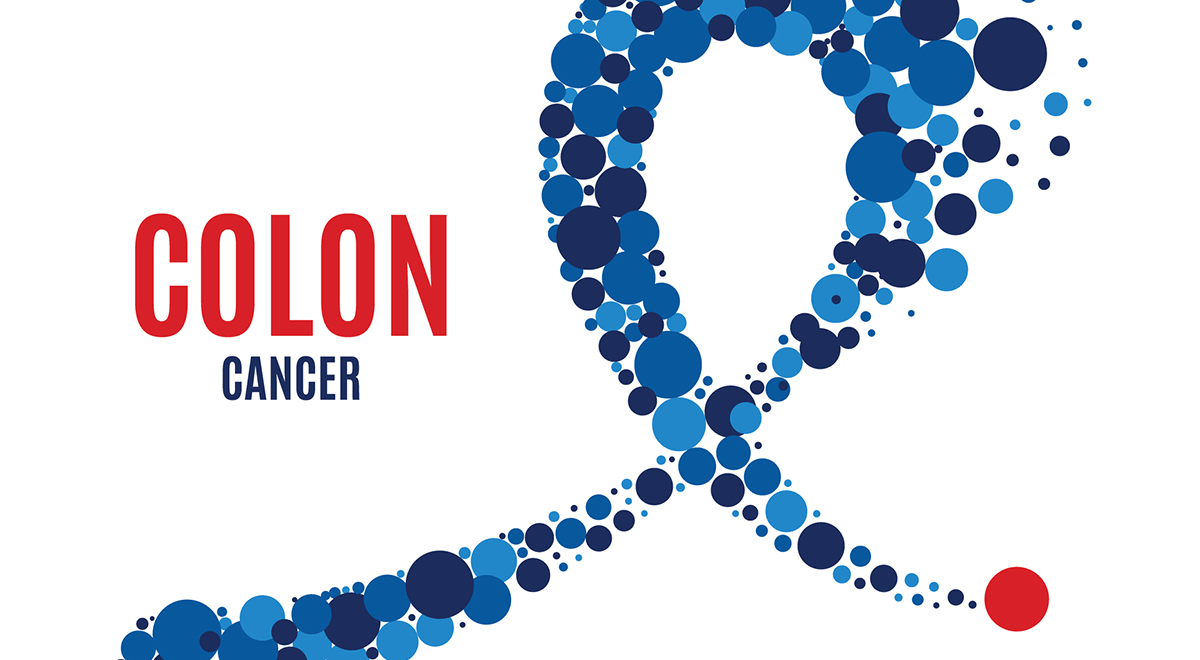Sildenafil – originally sold by Pfizer under the brand name Viagra, but now available in generic form – has a number of medical purposes beyond the one for which it was originally developed. In addition, treating erectile dysfunction, sildenafil can be prescribed off-label for pulmonary hypertension, altitude sickness, and enlarged prostate, as well as a rare circulatory disorder known as Raynaud syndrome. Now, researchers from Augusta University and the University of South Carolina report that a daily dose of sildenafil may also help to reduce the risk of colorectal cancer by as much as 50 percent.
The study appeared this week in Cancer Prevention Research. Colorectal cancer is the third most common form of the disease, affecting approximately 4.5 percent of men and just over 4 percent of women. While proper diet and minimizing alcohol intake can help prevent the disease, some individuals with a particular genetic mutation are at higher risk. The mutation affects a gene known as adenomatous polyposis coli, or the “APC” gene. A normal APC gene works to suppress the formation of tumors; however, when it is malfunctioning, a large number of polyps can develop in the lower gastrointestinal tract, which can become malignant.
In the study, scientists added sildenafil to the drinking water of laboratory mice that had been bred to be predisposed to the formation of pre-cancerous polyps. It turns out that the medication increases the body’s levels of cyclic guanosine monophosphate (CGMP), which helps to regulate calcium as well as the functions that depend on it. One of those functions is to maintain stability in the cellular lining of the intestinal wall that protects the inner layer from harmful pathogens. That cellular layer, known as the epithelium, plays an important role in immune function. When the epithelium is compromised, the result can be inflammatory bowel disease, celiac or Crohn’s Disease.
In addition, sildenafil prevents the production of an enzyme called phosphodiesterase-5 (PDF-5), which among other things, causes CGMP to break down. By inhibiting PDF-5, greater amounts of CGMP are made available to the cells lining the intestines, strengthening the protective layer.
Another beneficial effect of sildenafil is its ability to aid the natural process of apoptosis (cell death). Ironically, although untreated cancer invariably kills its host, the disease itself represents an odd sort of immortality at the cellular level; cells continue to proliferate and refuse to die a natural death. Dr. Darrell Browning, the lead author of the study, explains that when sildenafil is administered in small amounts, “we shrink the whole proliferating compartment in an area of our body that directly deals with whatever we put in our mouths and normally experiences high cell turnover.”
Sildenafil is not without side effects, the most common of which are headaches, flushing, indigestion and sinus problems. However, the dose needed to prevent colorectal cancer is so small that most patients would not experience these. The next study will involve human subjects who are at high risk for developing colorectal cancer.

